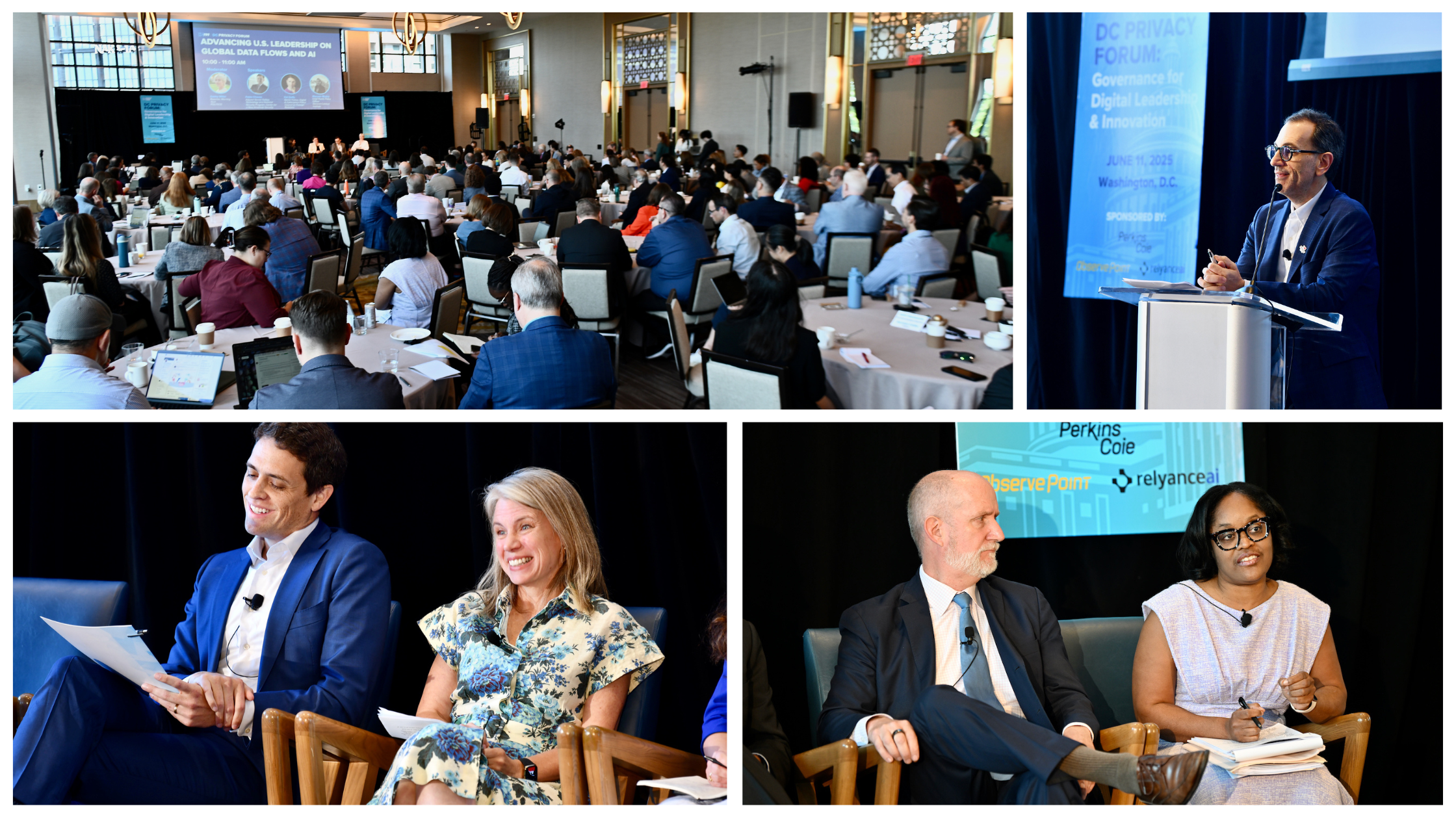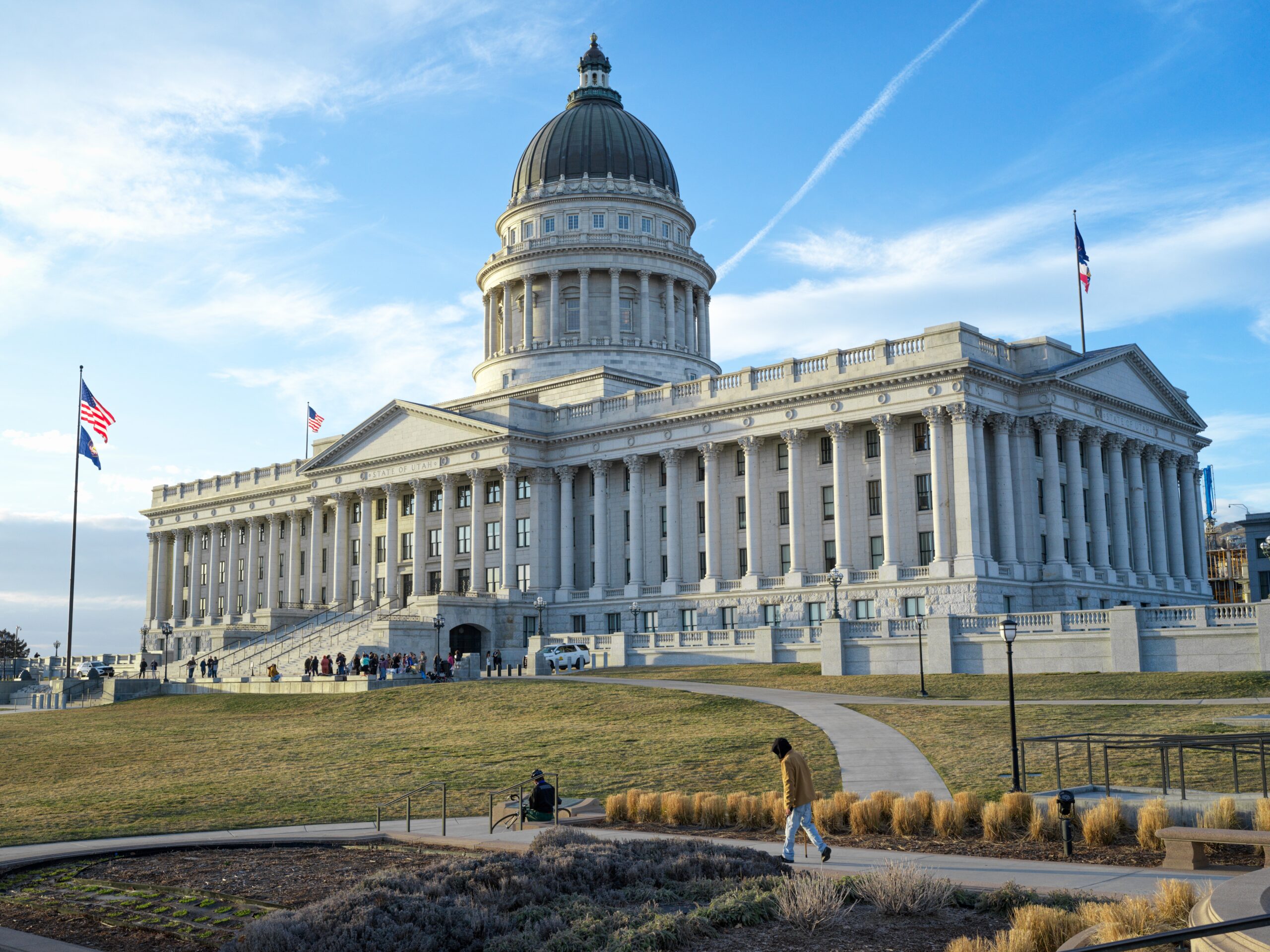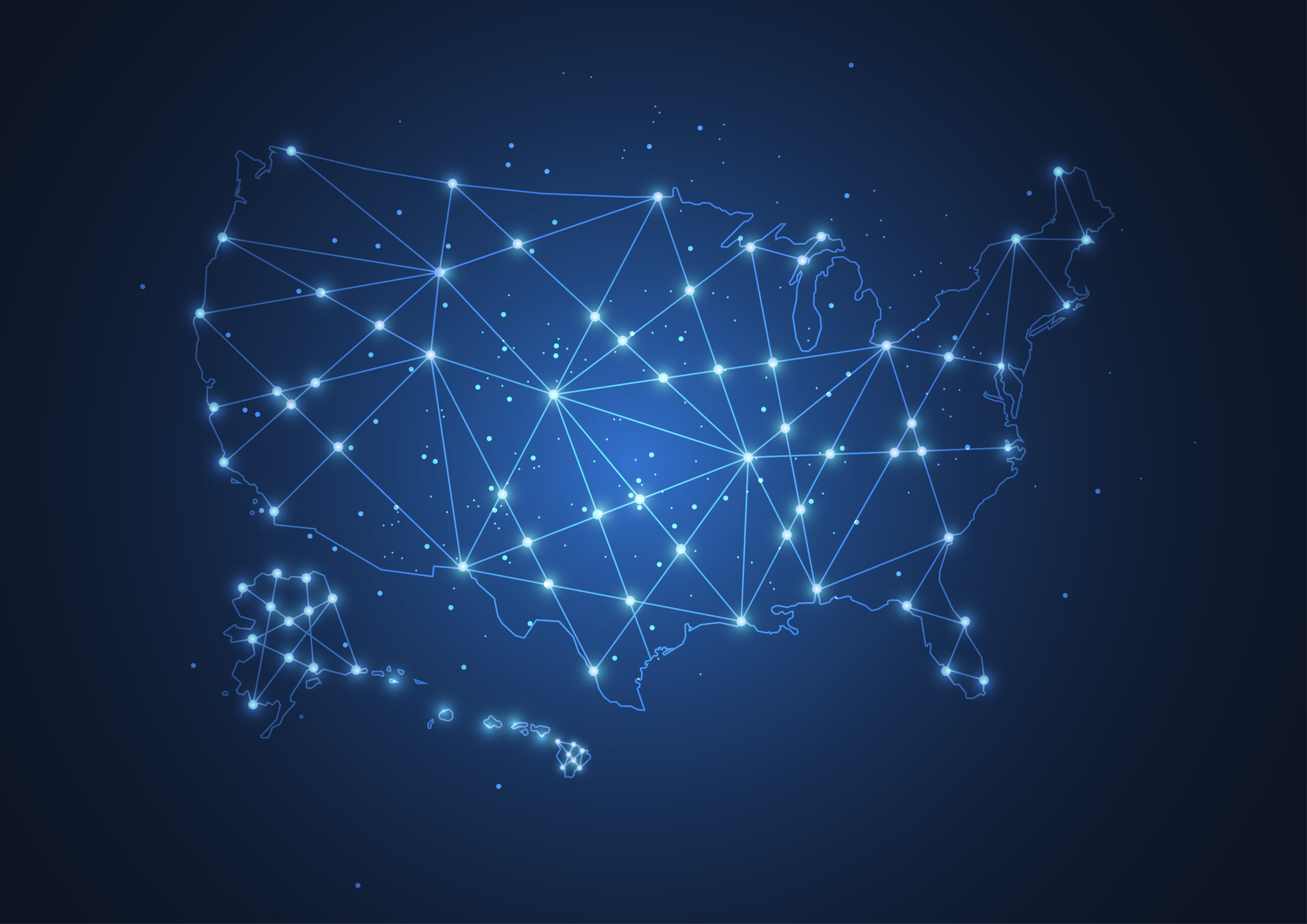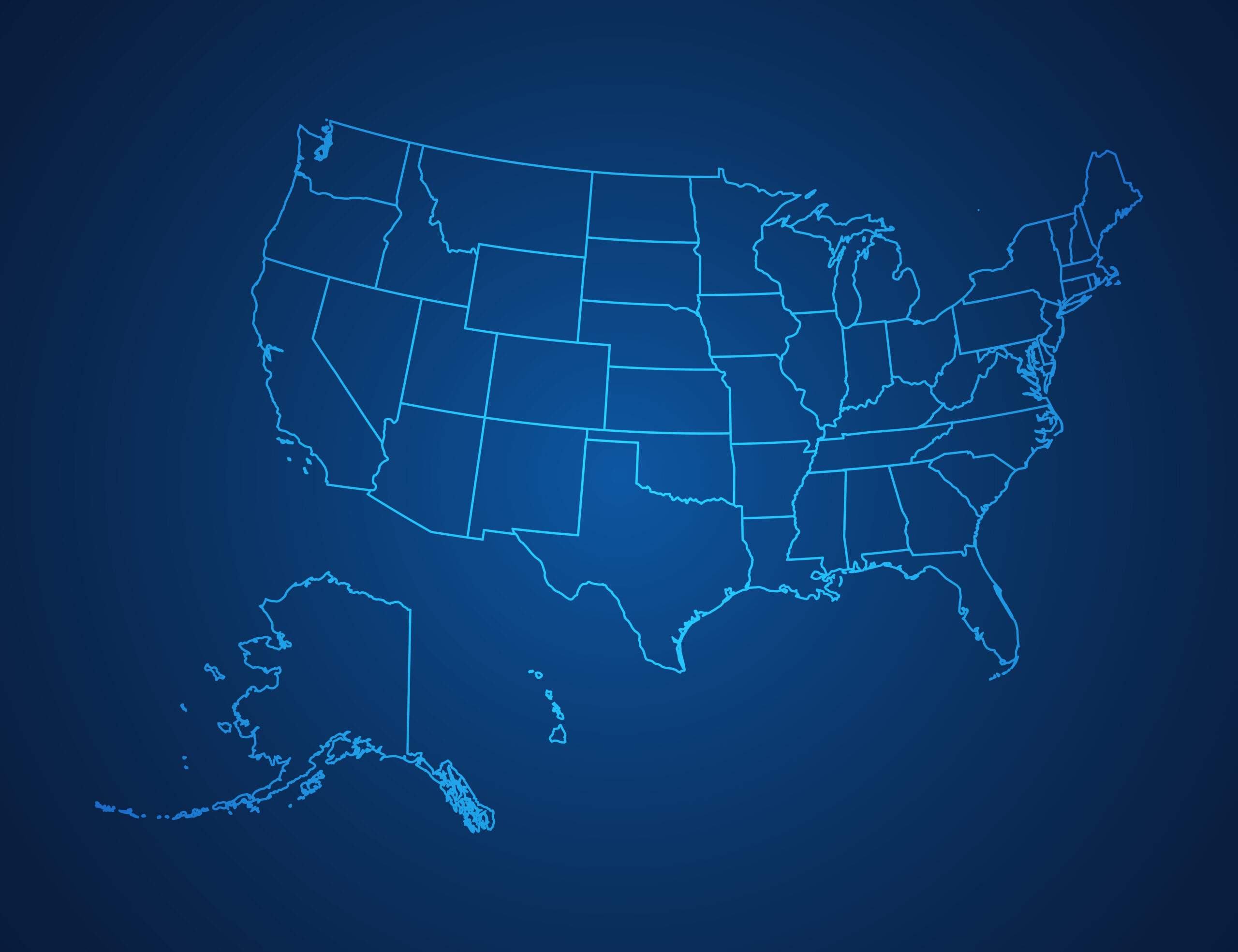Annual DC Privacy Forum: Convening Top Voices in Governance in the Digital Age
FPF hosted its second annual DC Privacy Forum: Governance for Digital Leadership and Innovation on Wednesday, June 11. Staying true to the theme, this year’s forum convened key government, civil society, academic, and corporate privacy leaders for a day of critical discussions on privacy and AI policy. Gathering an audience of over 250 leaders from […]
FPF Experts Take The Stage at the 2025 IAPP Global Privacy Summit
By FPF Communications Intern Celeste Valentino Earlier this month, FPF participated at the IAPP’s annual Global Privacy Summit (GPS) at the Convention Center in Washington, D.C. The Summit convened top privacy professionals for a week of expert workshops, engaging panel discussions, and exciting networking opportunities on issues ranging from understanding U.S. state and global privacy […]
Chatbots in Check: Utah’s Latest AI Legislation
With the close of Utah’s short legislative session, the Beehive State is once again an early mover in U.S. tech policy. In March, Governor Cox signed several bills related to the governance of generative Artificial Intelligence systems into law. Among them, SB 332 and SB 226 amend Utah’s 2024 Artificial Intelligence Policy Act (AIPA) while […]
Twelve Privacy Investments for Your Company for a Stronger 2025
FPF has put together a list of Twelve Privacy Investments for Your Company for a Stronger 2025 that reflects on new perspectives on the work that privacy teams do at their organizations. We hope there is something here that’s useful where you work, and we’d love to hear other ideas and feedback. Privacy Investments for Your […]
FPF’s Year in Review 2024
With contributions from Judy Wang, Communications Intern 2024 was a landmark year for the Future of Privacy Forum, as we continued to grow our privacy leadership through research and analysis, domestic and global meetings, expert testimony, and more – all while commemorating our 15th anniversary. Expanding our AI Footprint While 2023 was the year of […]
Five Big Questions (and Zero Predictions) for the U.S. State Privacy Landscape in 2025
In the enduring absence of a comprehensive national framework governing the collection, use, and transfer of personal data, state-level activity on privacy legislation has been on a consistent upward trend since the enactment of the California Consumer Privacy Act in 2018. With all 50 U.S. states scheduled to be in session in 2025, stakeholders are […]
U.S. Legislative Trends in AI-Generated Content: 2024 and Beyond
Standing in front of the U.S. flag and dressed as Uncle Sam, Taylor Swift proudly proclaims that you should vote for Joe Biden for President. She then wants you to vote for Donald Trump in a nearly identical image circulated by former President Trump himself. Both the images, and the purported sentiments, are fabricated, the […]
Do LLMs Contain Personal Information? California AB 1008 Highlights Evolving, Complex Techno-Legal Debate
By Jordan Francis, Beth Do, and Stacey Gray, with thanks to Dr. Rob van Eijk and Dr. Gabriela Zanfir-Fortuna for their contributions. California Governor Gavin Newsom signed Assembly Bill (AB) 1008 into law on September 28, amending the definition of “personal information” under the California Consumer Privacy Act (CCPA) to provide that personal information can […]
Updated February 25, 2025: FPF no longer coordinates the Multistate AI Policymaker Working Group
Updated February 25, 2025: FPF no longer coordinates the MAP-WG. Please read here for more information. Future of Privacy Forum Convened Over 200 State Lawmakers in AI Policy Working Group Focused on 2025 Legislative Sessions The Multistate AI Policymaker Working Group (MAP-WG) was convened by FPF to help state lawmakers from more than 45 states […]
FPF Unveils Report on Emerging Trends in U.S. State AI Regulation
Today, the Future of Privacy Forum (FPF) launched a new report—U.S. State AI Legislation: A Look at How U.S. State Policymakers Are Approaching Artificial Intelligence Regulation— analyzing recent proposed and enacted legislation in U.S. states. As artificial intelligence (AI) becomes increasingly embedded in daily life and critical sectors like healthcare and employment, state lawmakers have […]










